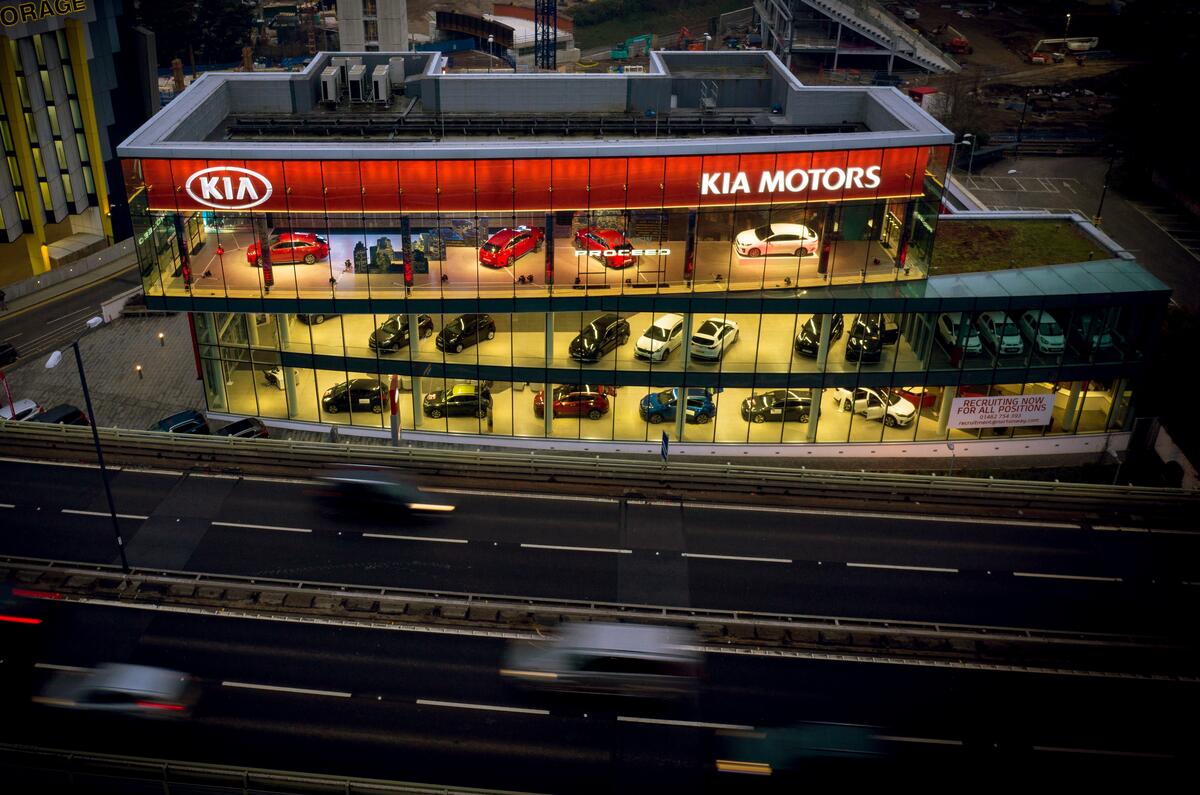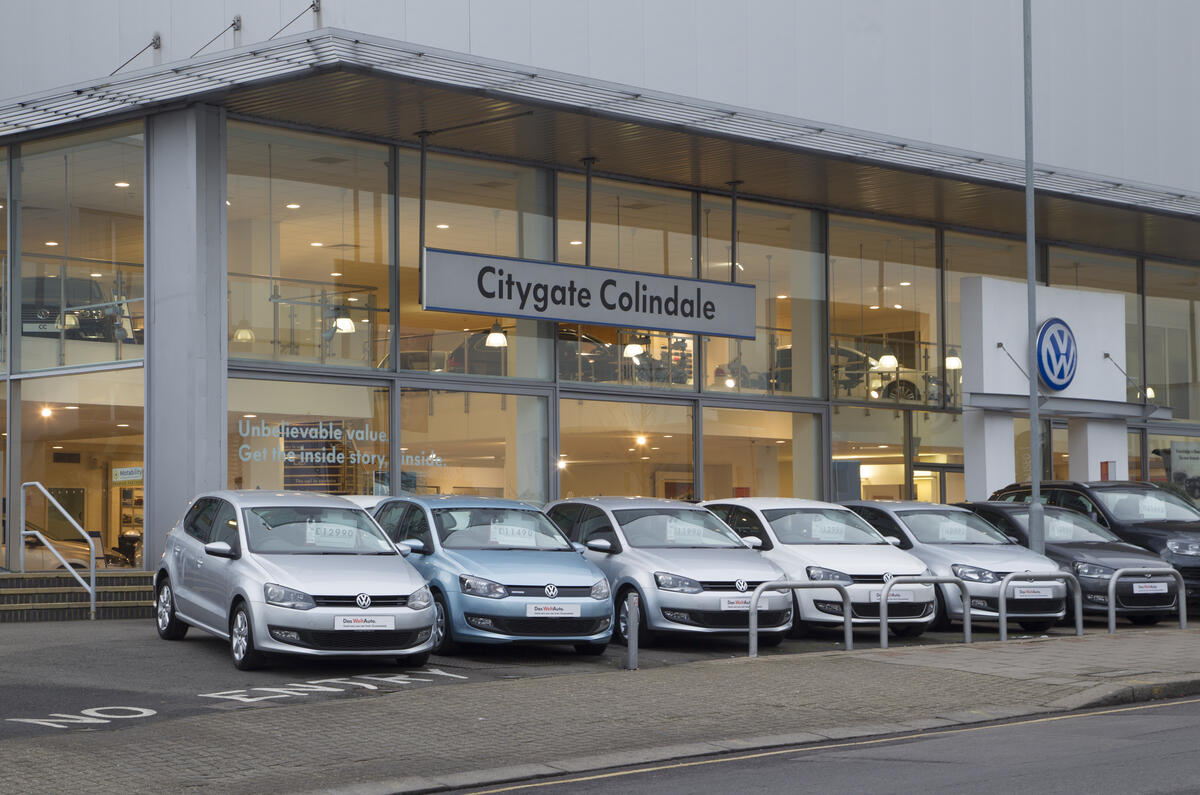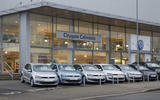Haggling over the price of your new car may soon be a thing of the past, if you believe the hype, with the price you see being the price you pay. Already manufacturers have tried this with some success in smaller markets. The UK won’t be far behind.
Under this so-called agency model, car makers are seeking to take ownership of the customer journey from enquiry to sale, with the retailer involved only to hand over the car and handle aftersales. Instead of having to commit to stock and work to margins and targets, the retailer will receive a flat handling fee, a deal many are happy to accept, given the amount of work and small profits from new cars.
To receive the latest industry news, please click here to sign up to the Autocar Business newsletter
For the manufacturer, price control is a key part of the story, as is controlling the buying experience and owning the customer’s data thereafter. One thing the current chip crisis has laid bare is just how strong car manufacturing profit margins can be when supply is lower than demand. Cash flow may be critical but margins buoyed by desperate buyers willing to pay list prices are largely at record levels, and all makers are eager to hang on to that.
But can it really work in a market as big, sophisticated and competitive as the UK? Not everyone thinks so and there are examples already that undermine the theory.
Volkswagen’s ID range was supposed to usher in an era of no discounting, yet right now, amid the biggest new car supply crunch in living memory, discounts of up to 15% are readily available online. Likewise, Mercedes, Stellantis and the VW Group are said to be at the forefront of the agency model shift yet there is barely a vehicle they sell that isn’t one click away from a pre-haggled discount.
If that’s the case now, how will these manufacturers fare when the market opens up and the factories they have invested billions in building need to run at full capacity again? If we accept that most buyers are price sensitive – that they may, for instance, swap loyalty from a three-pointed star to a Bavarian roundel for the sake of a few thousand pounds – then it takes only one maker to discount for the deck of cards to come tumbling down.
Or what will happen if a car maker needs to shift a few thousand EVs to hit its CO2 targets and avoid major fines? Or what if a credible new car maker comes over from China or Korea and undercuts the market? Then there’s the problem of what to do if your market share threatens to fall below a certain critical mass.
There’s no question that change is coming, but also no certainty that it’s for the better, for either the consumer or the manufacturer.









Join the debate
Add your comment
I think we've a few years To go at least, the past decade or so as seen a lot of lives turned upside down, people have less money in there pockets, they want value not tech laden premium cars that half the stuff you'll never or hardly use, what about no frills, basic transport?, won't have to sell them for long, and as for dealers just being the middle man in car selling, will they have to let there selling staff go?
This sounds like an excuse for higher prices. Those manufacturers who want to sell to you direct on their web sites show prices wih a small discount usually. A quick comparison with some of the Broker sites shows just how much less you can pay. Take away dealers, and brokers and there is a lot more profit for the manufacturer, but unless its the only way to buy a car people will just swap to a different brand in most cases
Motivated keen local dealers have been key over many years in establishing new and lesser brands to the community. The ones that turn up at local shows, have displays of new cars at shopping centres, garden centres etc. The ones the big boys kignore. In the past you could see the likes of Skoda Kia , Suzuki etc and more recently MG comes to mind.
The industry has never been good at matching supply and demand , forever overestimating the attraction of their average product. Once the quirk of the chip shortage goes away then price management and control by the big boys will last as long as the first comparison review where they come last. Then watch discounting return in the blink if an eye.